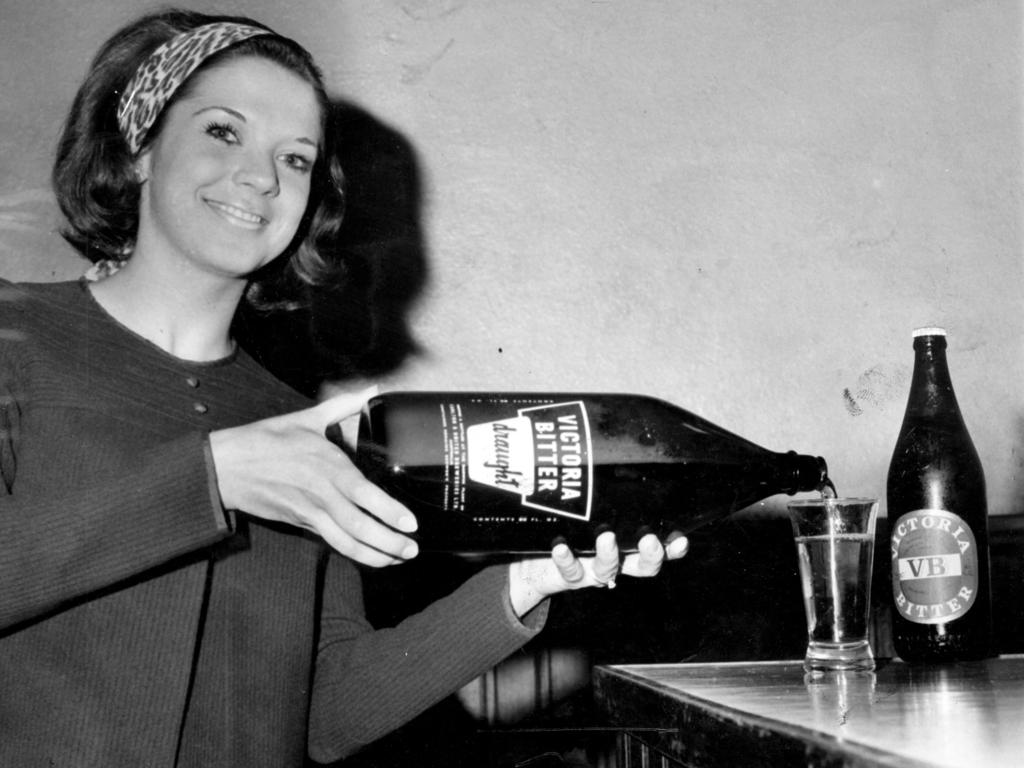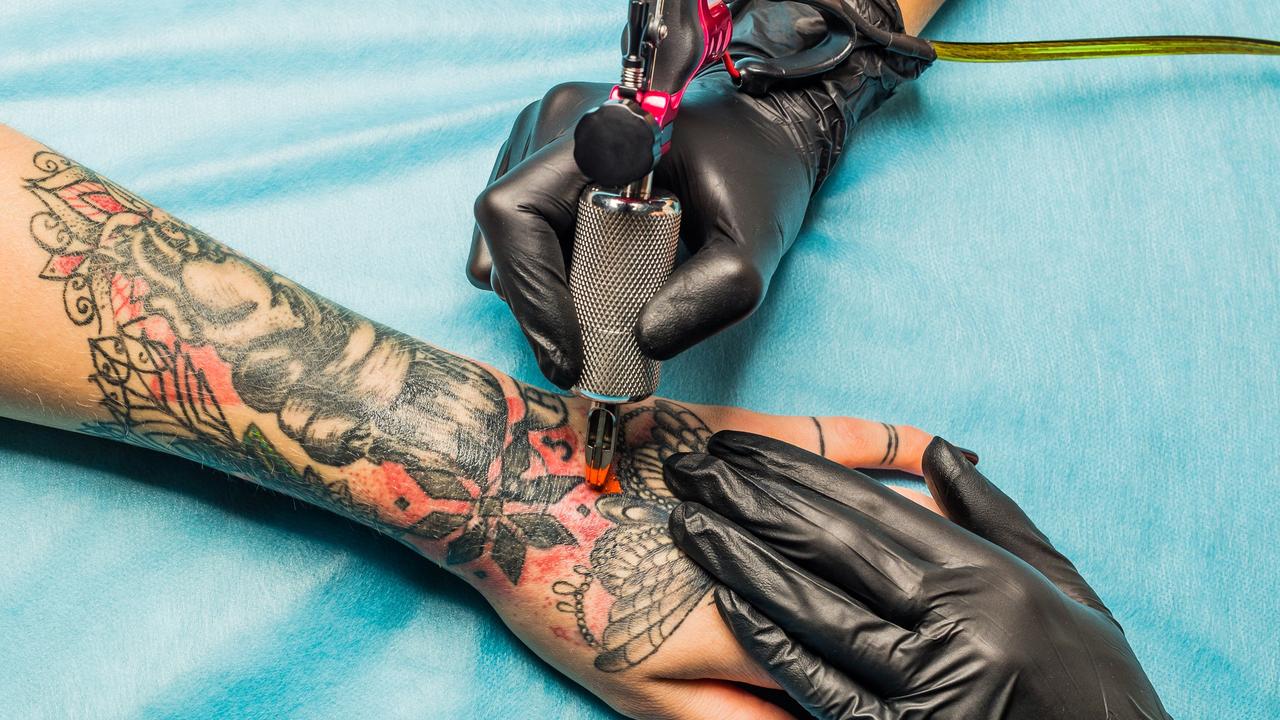Inside the Americanisation of Australian youth culture
By 1972, ‘guy’ replaced ‘bloke’ in Australian vernacular. Buddy never did, and hopefully never will, replace mate.

Were you a hippie, a punk, a dink or a yuppie? I think I was a dink for a few years in the mid-1980s. I was never comfortable with being a yuppie but I suppose I was one in the 1990s. A yuppie is, of course, a young urban professional. Dinks come in pairs as double-income no-kid households, and due to their spending capacity are highly sought after by marketers.
Tribes and social groupings blossomed in the prosperity of the post-war world and especially in the West. It was not possible to follow a fashion trend during the depression years. This limitation never applied to the wealthy, who have always had the capacity to pursue the whims of their spending circles.
But with the rise a middle class from the 1950s onwards came new sub-groups and especially among the young, including, from Britain, the Teddy Boys who evolved with rock & roll culture. I always thought of Elvis Presley as an early Teddy Boy.
In the ’50s, a youth culture emerged to create sub-groups like the beatniks. The US television show The Many Loves of Dobie Gillis (1959-1963) encapsulated the ideals of the Beat Generation as a forerunner to the hippie movement that emerged in San Francisco in 1967 during the “summer of love”.
Suddenly in Australia in the ’70s there were surfies (as popularised by the Beach Boys) and hippies and, dancing in the streets of Melbourne, Hari Krishna devotees. Bikies, it seemed, had always existed. But the market for their free-and-easy lifestyle widened with the release of the movie Easy Rider in 1969. In the early ’70s, kids’ bikes copied the Easy Rider high-rise handle bars in a much-desired bike called the Dragster.
Elvis, the TV beatnik Maynard G. Krebs (later, Gilligan of the Island), hippies and lifestyle songs and movies idealised and accelerated the Americanisation of Australian youth culture. By 1972, “guy” was replacing “bloke” in Australian vernacular. Buddy never did, and hopefully never will, replace mate.
Punk arrived but never really took hold. I think gritty East-End anger, which fuelled the movement in the UK, failed to resonate with a mostly contented middle Australia back then.
I never quite understood where full-on Goths got their inspiration, or the time to get ready in the morning. And which leads me to the query, where do Goths go by middle age?
Dinks and yuppies were concoctions of marketing types in the ’80s but they also encapsulated lifestyle changes effected by the popularisation of the “pill” a decade earlier.
The early years of the new century delivered a slew of new behaviours and social groupings including the term “grey nomad”, meaning retiree traveller. The term “hipster” has been popularly associated with millennials in their 20s and 30s but what will this group be called later this decade as they inevitably tumble beyond 40 and into the abyss of middle age?
In our Western consumerist world marketers will continue to come up with terms, and acronyms, to identify groups with new or rising spending power. But whatever terms lie ahead none, surely, can come close to the sheer creativeness and sense of fun that shaped last-century’s hippies, punks, dinks and yuppies.







